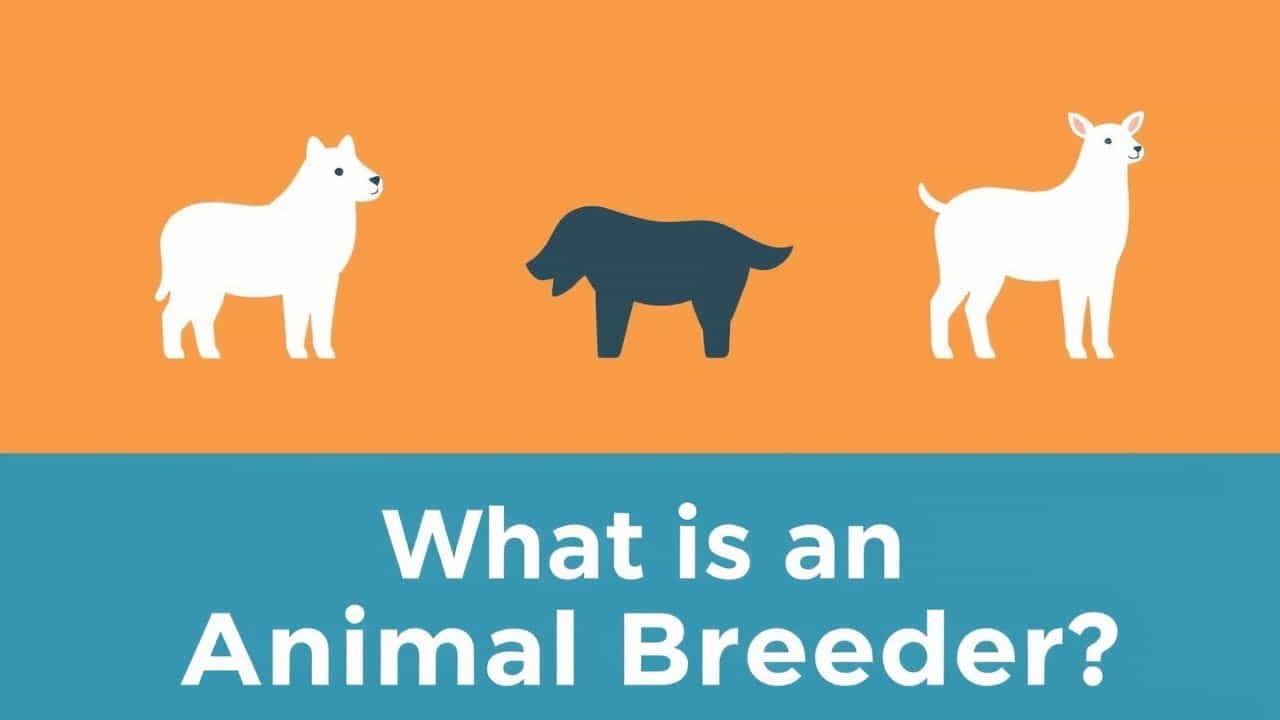An animal breeder is a professional who selectively breeds animals to achieve desired traits in future generations. They work with various species, including dogs, cats, horses, cattle, and exotic pets, to improve health, temperament, and physical characteristics. Animal breeding plays a crucial role in agriculture, pet breeding, and conservation efforts.
This topic explores the responsibilities of animal breeders, the breeding process, ethical considerations, and how to choose a responsible breeder.
What Does an Animal Breeder Do?
Animal breeders specialize in selecting and mating animals to maintain or enhance specific traits. Their work involves:
-
Choosing high-quality breeding stock
-
Ensuring genetic diversity to prevent health issues
-
Providing proper nutrition and veterinary care
-
Managing breeding cycles and pregnancy
-
Raising and socializing young animals
Breeders may focus on purebred animals or create new breeds with desirable qualities.
Types of Animal Breeders
Animal breeders work in various fields, each with specific goals:
1. Livestock Breeders
-
Work with cattle, sheep, goats, pigs, and poultry.
-
Aim to improve meat, milk, egg production, and disease resistance.
-
Use modern techniques like artificial insemination and genetic testing.
2. Companion Animal Breeders
-
Specialize in dogs, cats, rabbits, and small mammals.
-
Focus on appearance, temperament, and health.
-
Ensure proper socialization for family pets.
3. Horse Breeders
-
Breed horses for racing, competition, or work.
-
Consider factors like speed, endurance, and temperament.
-
Maintain detailed pedigree records.
4. Exotic Animal Breeders
-
Work with birds, reptiles, amphibians, and other rare species.
-
Focus on conservation or the pet trade.
-
Require specialized knowledge of habitat and diet.
The Animal Breeding Process
Breeding animals is a complex and responsible task that requires careful planning.
1. Selecting Breeding Pairs
Breeders choose animals with strong genetics, good temperament, and no hereditary diseases. They analyze:
-
Physical traits like coat color, size, and build.
-
Health history to avoid passing on genetic disorders.
-
Temperament and behavior to produce well-adjusted offspring.
2. Mating and Pregnancy Management
-
Some breeders use natural mating, while others rely on artificial insemination.
-
Pregnant animals require specialized nutrition and veterinary checkups.
3. Birth and Early Care
-
Newborn animals need proper nutrition and warmth.
-
Socialization begins early to ensure they develop good behavior.
-
Breeders monitor for any health issues and provide medical care.
4. Raising and Placing Offspring
-
Responsible breeders screen potential owners before selling animals.
-
They provide vaccinations, health certificates, and care instructions.
-
Ethical breeders avoid selling animals to pet stores or unqualified buyers.
Ethical Considerations in Animal Breeding
Ethical breeders prioritize the health and well-being of animals. They follow strict guidelines to ensure:
1. Humane Breeding Practices
-
Avoid excessive breeding that leads to health problems.
-
Provide proper veterinary care, nutrition, and exercise.
2. Genetic Health Testing
-
Screen breeding animals for hereditary diseases.
-
Reduce the risk of genetic disorders in future generations.
3. Socialization and Training
-
Expose young animals to people, sounds, and environments.
-
Prevent behavioral issues by teaching basic manners.
4. Commitment to Lifetime Care
-
Offer support to pet owners after adoption.
-
Some breeders take back animals if owners can’t care for them.
How to Choose a Responsible Animal Breeder
Finding a trustworthy breeder ensures you get a healthy, well-bred animal. Look for:
1. Transparency and Knowledge
A good breeder:
-
Shares information about the animal’s parents, health records, and lineage.
-
Answers questions about care, training, and potential health concerns.
2. Clean and Ethical Breeding Facility
-
Animals should be well-cared for and not kept in cramped spaces.
-
The environment should be clean, safe, and free from signs of neglect.
3. Health Guarantees and Veterinary Care
-
Offers a written health guarantee.
-
Provides proof of vaccinations, deworming, and veterinary checkups.
4. No Pressure to Buy
-
A responsible breeder lets you visit the facility and meet the animals.
-
They ask questions to ensure you’re a suitable owner.
The Risks of Irresponsible Breeding
Poor breeding practices lead to serious consequences, including:
1. Puppy Mills and Overbreeding
-
Puppy mills focus on profit rather than animal welfare.
-
Animals are kept in poor conditions with little care.
2. Health Issues and Genetic Disorders
-
Irresponsible breeding increases the risk of inherited diseases.
-
Some animals suffer from breathing problems, joint issues, and heart defects.
3. Behavioral Problems
-
Poor socialization leads to aggression, anxiety, and fearfulness.
-
Ethical breeders focus on breeding stable, friendly animals.
Animal breeders play an important role in maintaining healthy, well-tempered animals for companionship, work, and agriculture. Responsible breeders prioritize ethical breeding, health testing, and proper care.
If you’re looking for a pet, choosing a reputable breeder ensures you get a healthy, well-socialized companion while supporting ethical breeding practices. Always research and ask questions before adopting an animal to ensure you’re making the right choice.
